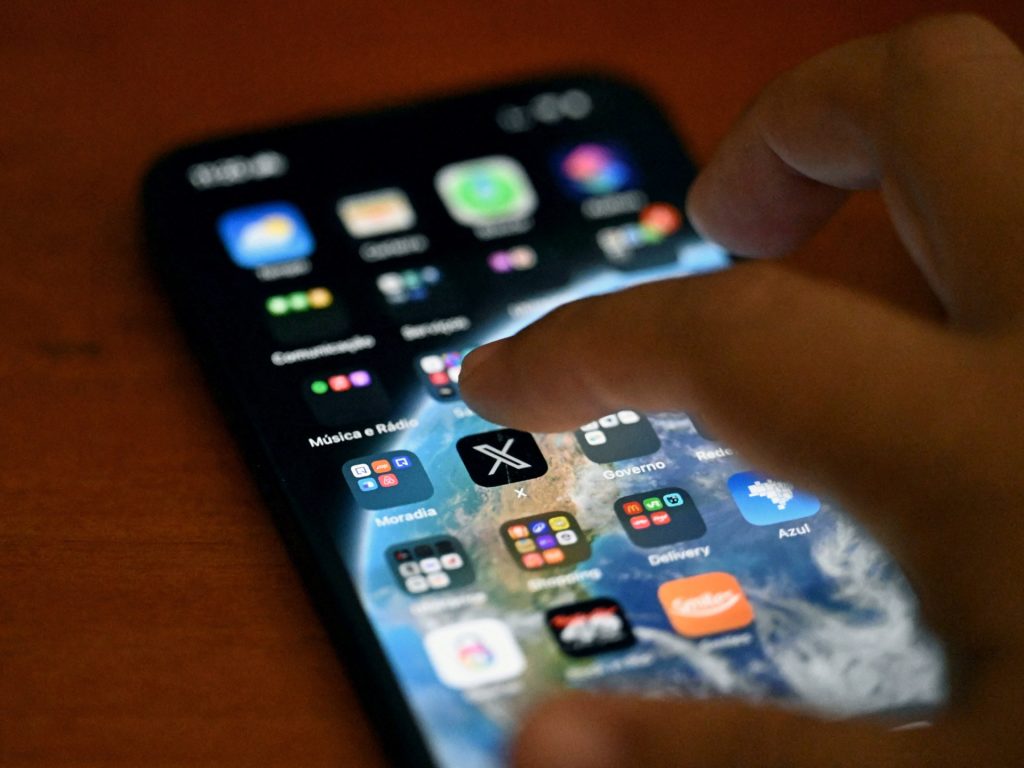The platform formerly known as Twitter, now known as X, was suspended in Brazil at the end of August, one of its largest markets. This suspension came after a dispute over online disinformation related to Brazil’s 2022 election campaign. Brazil’s Supreme Court, led by Judge Alexandre de Moraes, lifted the ban on X after the platform paid millions of dollars in fines for failing to comply with court orders. The judge authorized the immediate return of X’s activities and gave Brazil’s communications regulator 24 hours to make the platform accessible again. X, through its Global Affairs account, expressed pride in returning to Brazil and stated that it would continue to defend freedom of speech within the boundaries of the law in the countries where it operates.
Despite the ruling for X’s return, Elon Musk, the world’s richest man and a self-proclaimed “free speech absolutist”, has not yet reacted to the decision. Following the suspension of X, Musk had criticized the judge, calling him an “evil dictator” and referring to him as “Voldemort” from the Harry Potter series. Moraes, in turn, accused X of allowing disinformation to flourish and undermining democracy. This stance was supported by Brazilian President Luiz Inacio Lula da Silva, who emphasized that the state would not be intimidated by individuals, companies, or digital platforms that believed they were above the law. In order to have the suspension lifted, X eventually complied with all of Moraes’s demands and settled fines totaling about $5.2 million.
The Brazil dispute was part of a series of recent confrontations between Musk and governments aiming to curb the spread of online misinformation, including Australia and the United Kingdom. Prior to the suspension in Brazil, X had 22 million users in the country. The standoff between X and Brazilian authorities highlights the increasing tensions between social media platforms and governments striving to regulate online content and combat the spread of false information. In response to the accusations from Moraes and the demands of the Brazilian government, X took steps to address the issues and ensure compliance with the law, ultimately leading to the lifting of the ban and the platform’s return to its large and important market in Brazil.
Despite the controversy and legal battles faced by X in Brazil, the platform remains committed to defending freedom of speech while adhering to legal requirements in the countries where it operates. The company’s willingness to comply with court orders and pay fines demonstrates a recognition of the importance of upholding the law and respecting the authority of government institutions. As social media platforms continue to play a significant role in shaping public discourse and political debates, the tensions between tech companies and governments over issues such as disinformation and free speech are likely to persist. The outcome of the dispute in Brazil serves as a reminder of the complex and evolving relationship between technology companies, regulatory bodies, and democratic governance in the digital age.















